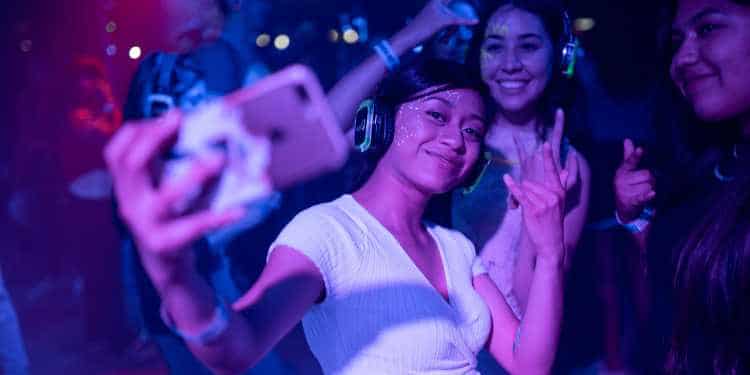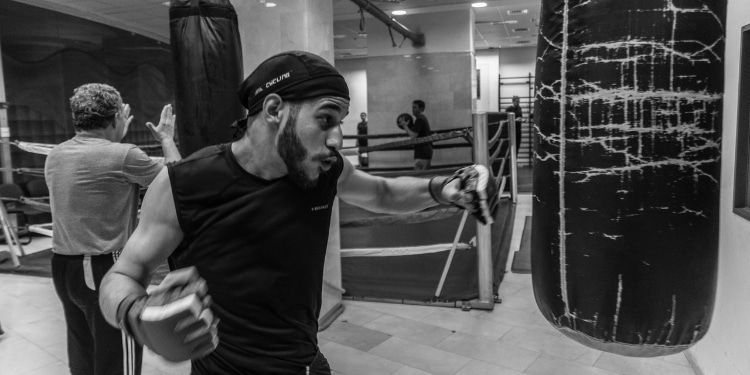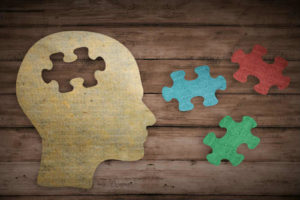











Aphantasia describes a condition in which a person is unable to recall images in their mind. When asked to think of a red apple sitting on a windowsill, most people can mentally picture what that looks like. Even when prompted, someone with aphantasia is not able to visualize the image in their mind.[1]

They know what the image looks like. If shown a picture of an apple and an orange, they would be able to distinguish between the two. They would be able to tell you what an apple looks like in a factual manner (i.e., apples are red, round, with a stem, and have a waxy outer skin).[2] However, they would not be able to describe it from an image in their mind.[3]
Approximately 2% of the population reportedly experiences aphantasia, and very little research has been carried out on the condition.[4] But more recently, there has been growing interest as researchers are seeking to understand it better.[5] Some people who have experienced a traumatic brain injury lose the ability to recall images. Others, however, have simply never been able to see images in their minds.
Having difficulty with mental imagery has ramifications beyond just picturing items in one’s head; it can manifest in other areas of life as well. Those with aphantasia typically exhibit signs including the following:
Whether they are trying to recall a certain image or are prompted to think of something specific, they cannot recall anything. For example, if a friend tries to describe to someone with aphantasia a shirt they recently wore, and describe it in detail, they would not be able to mentally picture the shirt.
They struggle to remember other things, like directions to where they are going. This is because when searching for a place, people often use landmarks or descriptions of what is nearby. But learning through visuals is not possible for those with aphantasia since they cannot think back to what was illustrated. Since they are unable to recall imagery, other aspects of your memory may feel as though they do not work as well.[6]
Due to having poor imagery abilities, they have trouble visually imagining future scenarios.[7]
It might be difficult to recognize someone after having only met them or seen a picture of them once in the past. More context may be required to help recall the person because their face has not been fully committed to memory. However, multiple interactions that include seeing the person’s face will ultimately make them recognizable.
It is important to note that aphantasia has the potential to make it more difficult to recognize faces, whereas prosopagnosia (or face blindness) is the inability to recognize faces.
Visual memories of people, places, and experiences play a huge role in people’s lives. You might not even notice it until you find yourself with the inability to recall certain images and memories. Aphantasia can be difficult to live with because not only can it affect the human experience, but it is also something not many people understand. There are still no widely accepted treatments, but fairly little research has been done on this condition, so this will likely change over time.
References